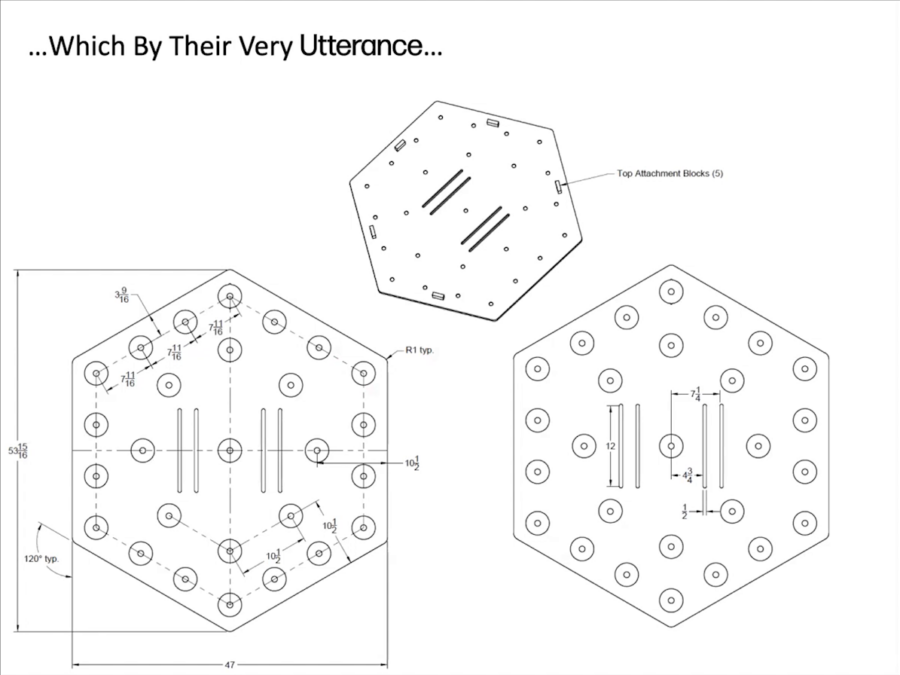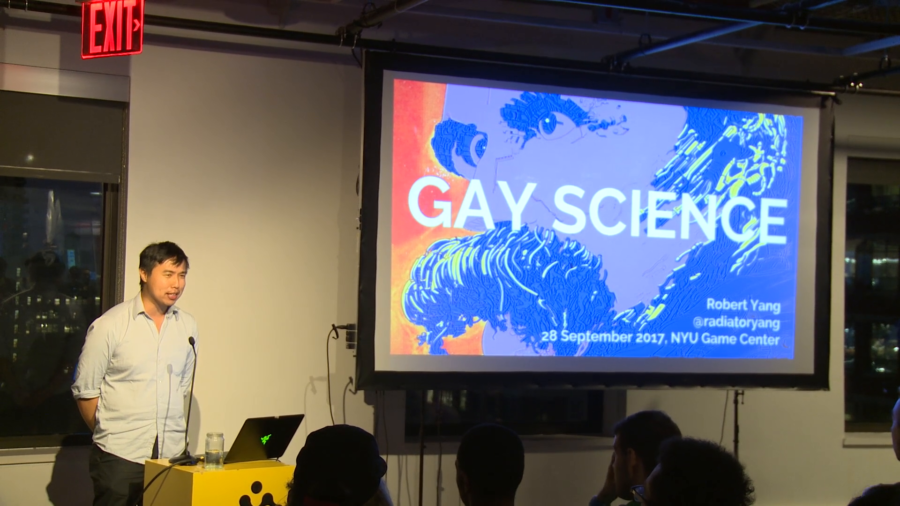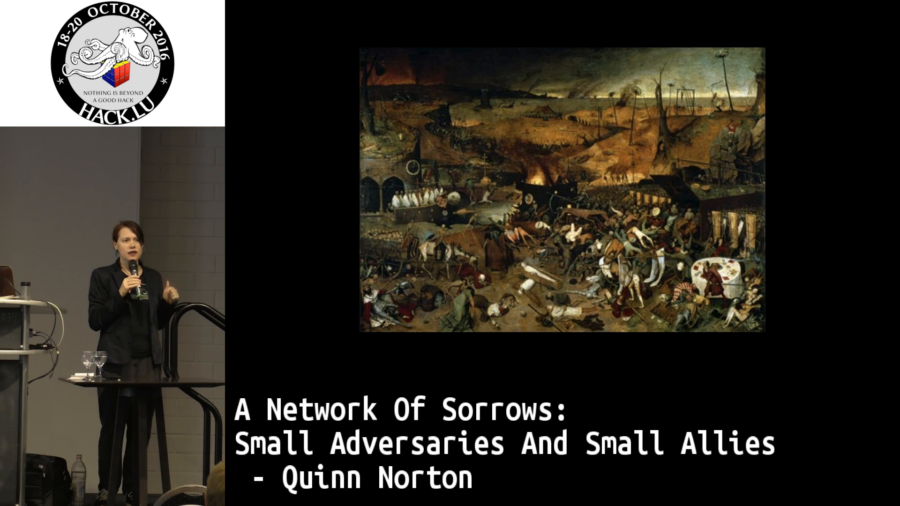I decided to go to graduate school and got an MFA in art and social practice. And came out with a way to collectively describe my practice, which is “hospitable democracy.” And I call it “a platform for multiple voices across power structures for people and objects.”
Archive (Page 2 of 3)
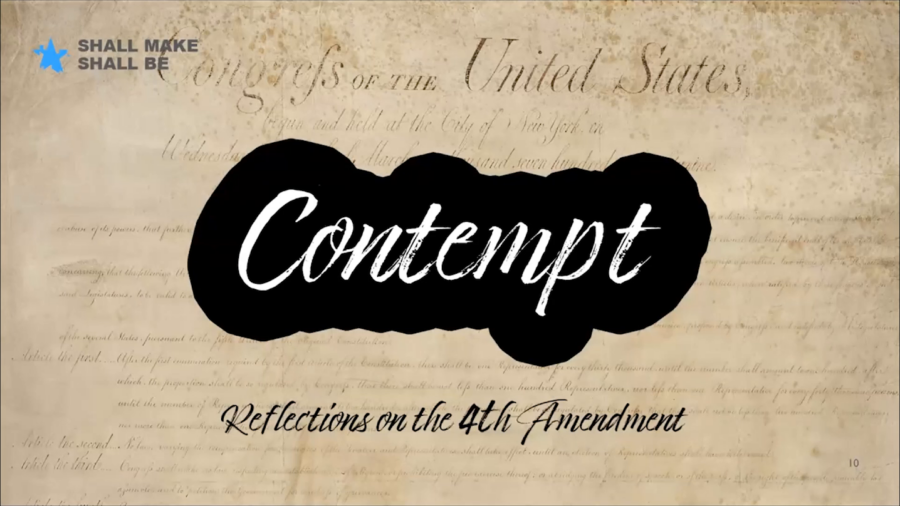
The name “Contempt” came from this idea of all the emotions—especially from the death of Breonna Taylor—a lot of the contempt we felt for how the situation was being treated; contempt of the law, which many people of color are accused of; and just generally we decided that this project would be our own way of coping with the trauma of that time and what does it means to be American, what does it mean to be a person of color.
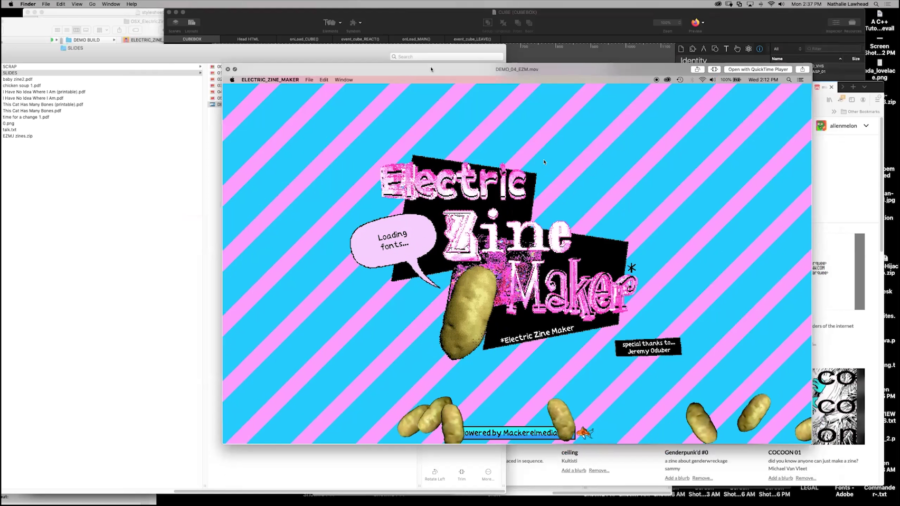
If you do anything generative on computers and don’t know what to do with whatever you just made, turning that into a little tool that people can use to do stuff like tweak values, play around with some visuals, and just export whatever they make goes a long way. Coming from more of a game design angle, it’s easy to overthink interactivity and want to build on the systems in ways that get really complicated. If you look at tool design, often the opposite mindset is the most rewarding.
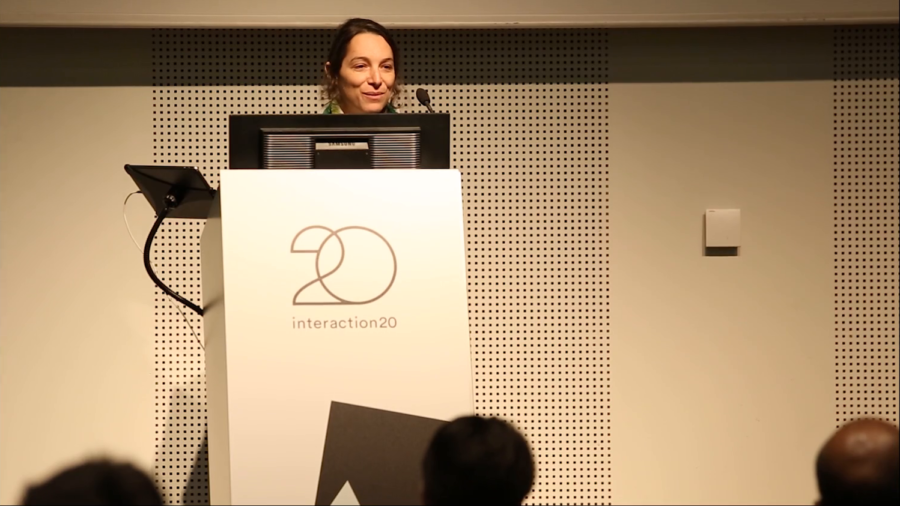
For an experience to be memorable let alone transformative, the human brain has to be pushed out of default auto-pilot mode into conscious thought. And that push necessarily involves some level of discomfort.

I’m a professor here in comparative media studies and I’m codirector of an organization called AnyKey which I’ll tell you a little bit about today. We launched 2016 with the help of Intel and ESL. We’re an organization dedicated to fairness, equity, and inclusivity in gaming and in particular esports.
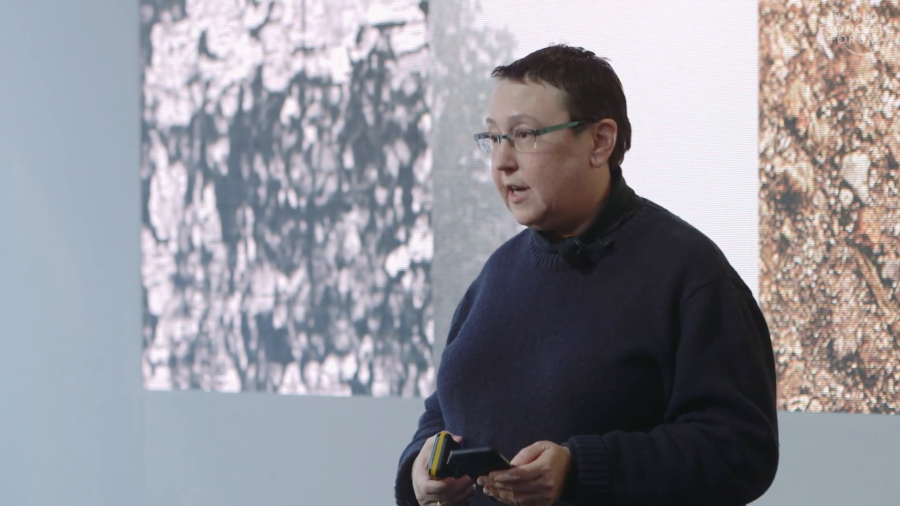
The unrelenting pace of technologies is deeply ironic, given the original intent of them to make our lives more efficient and give us more time. But we can all attest that the actual effect of this escalation of efficiency has been to increase the pace of work and play in our worlds.
In the real world we can creatively represent ourselves in dynamic ways. So, we can vary our gesture, our discourse, our posture, our fashion, life stories, the way we tell our stories. And all of this is with an astounding sensitivity to social context. Computer technologies like computer games, social networking, and virtual worlds are much more primitive than what we do in the real world.
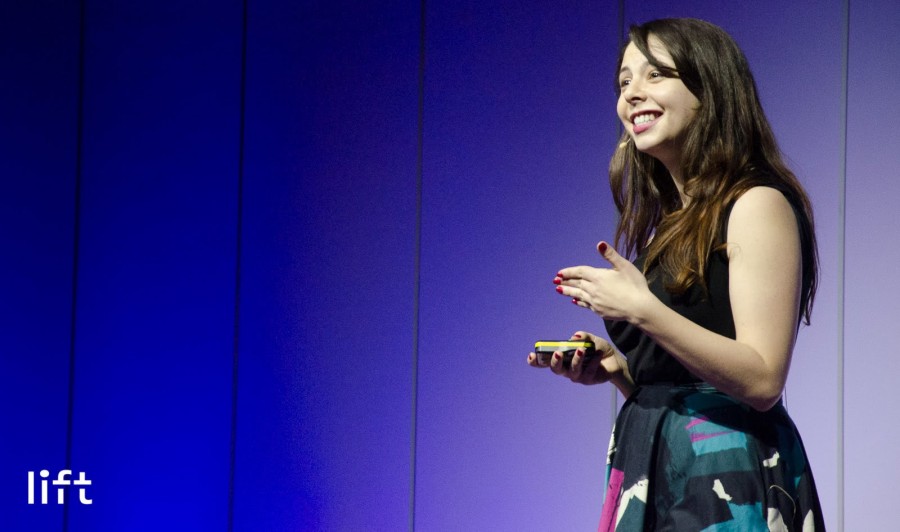
What does it mean to be antidisciplinary? To me, it means struggle. Sometimes, working in interdisciplinary fields, I felt like I’ve maybe tried really hard working and working and working on a project, and I wasn’t seeing any difference. Sometimes people would look at me and be like, “What are you even doing?” So, to me antidisciplinarity means not only not working in one specific field, but rather instead drawing from elsewhere to imagine something new.

